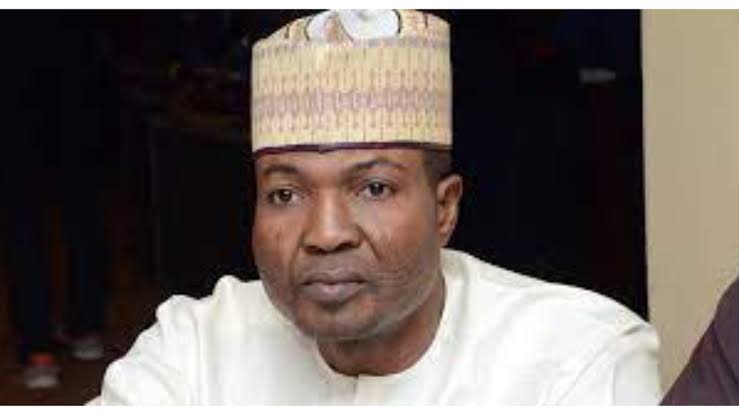The Director General of the Voice of Nigeria (VON), Jibrin Baba Ndace, has called on African broadcasters to embrace Artificial Intelligence (AI) as a transformative force in media, while ensuring its adoption is guided by ethical safeguards and robust policy frameworks.
Ndace made the appeal in Lagos during his keynote address at the Broadcasting and Digital Media Convention West Africa, organised by Broadcast Media Africa (BMA) in collaboration with the Broadcasting Organisation of Nigeria (BON). The convention brought together industry leaders from across Africa, including the BBC, Radio France Internationale, Ghana Broadcasting Corporation, and South African broadcasters.
Speaking on the theme “Broadcasting in the Age of AI: Digital Media Feasibility and Opportunities for International Radio”, the VON DG described AI as a defining force shaping storytelling, news delivery, audience engagement, and content credibility.
“Artificial intelligence is not just a technological development; it’s an existential shift for media institutions like ours,” Ndace said. “The question is no longer if AI will change broadcasting — it already has. The challenge is whether Africa will lead or lag behind.”
Highlighting AI’s global applications, from newsroom automation and synthetic voice generation to personalised news feeds, Ndace urged African broadcasters to leapfrog outdated infrastructure by investing in AI-driven solutions that reflect local realities.
He revealed that VON is already leveraging AI for real-time translation, automated programme scheduling, and audience analytics, as well as training journalists and producers on AI-assisted editing. The organisation, he added, is exploring smart radio technologies such as Radio Garden, TuneIn, and Spotify to expand global reach, alongside upgrades to its 250kW Digital Radio Mondiale (DRM) transmitter.
While underscoring AI’s potential, Ndace warned against uncritical adoption, citing risks such as misinformation, algorithmic bias, and job displacement.
“We must not allow algorithms to become our editors-in-chief. The human journalist must remain central. AI should enhance, not replace, our editorial judgment,” he cautioned.
He called for stronger collaboration among African governments, broadcasters, technology firms, and academia to craft policies that promote ethical AI use, commending President Bola Ahmed Tinubu’s administration for its investments in youth development and infrastructure.
“Africa’s media narrative must not be outsourced. We must tell our stories with intelligence and integrity. VON is ready to lead that charge,” Ndace declared.
The convention also featured panel discussions on the evolving broadcast landscape and strategies for harnessing AI to strengthen Africa’s voice on the global stage.


